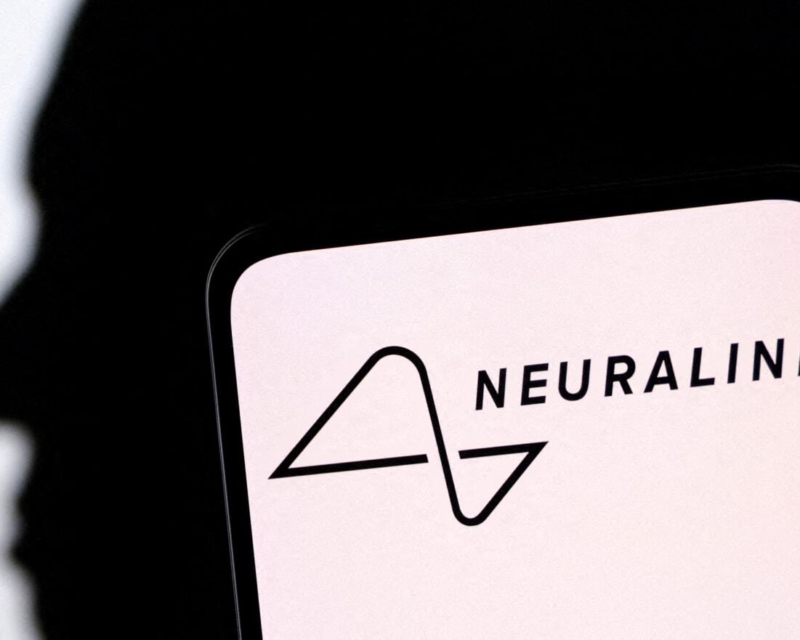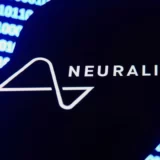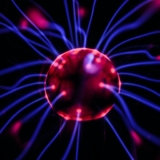Neuralink Opens Applications for Second Brain Implant Participant
Elon Musk’s groundbreaking neurotechnology company, Neuralink, is making headlines again as it opens applications for a second participant in its innovative brain implant program. This phase of the study is specifically targeting individuals who have limited or no ability to use both hands due to cervical spinal cord injury or amyotrophic lateral sclerosis (ALS).
Neuralink’s brain implant technology, designed to bridge the gap between humans and computers, promises to revolutionize the way we interact with technology by enabling direct communication with devices through neural activity. The company’s mission is to develop advanced neural interfaces that could restore lost functions and improve quality of life for those with severe neurological conditions.
The first clinical trial, which began with a single participant, aims to test the safety and efficacy of the Neuralink device. Encouraged by the initial progress, the company is now seeking a second participant to further explore the potential of its technology. This next step is crucial for validating the implant’s capabilities and ensuring it can deliver on its promises of restoring motor function and providing new avenues for communication and interaction.
Applicants for the second brain implant must meet specific criteria. They must have a confirmed diagnosis of cervical spinal cord injury or ALS, resulting in significant impairment or complete loss of hand function. Neuralink’s selection process will likely be rigorous, focusing on individuals who can benefit the most from the experimental technology and contribute valuable data to the research.
The implications of Neuralink’s advancements are profound. For individuals with spinal cord injuries or ALS, the ability to regain some degree of autonomy and control over their environment through a brain-computer interface could be life-changing. Tasks that were once impossible due to physical limitations could become manageable, offering a renewed sense of independence and improving overall quality of life.
However, Neuralink’s journey is not without challenges. The medical and scientific communities are closely watching the trials, assessing the ethical considerations, long-term safety, and potential risks associated with implanting electronic devices in the brain. Success in these trials could pave the way for broader applications of brain-computer interfaces, but it also necessitates careful navigation of regulatory and ethical landscapes.
As Neuralink progresses with its second trial participant, the world will be keenly observing the outcomes. The company’s advancements could herald a new era in neurotechnology, transforming lives and reshaping our understanding of human-machine interaction. For now, the focus remains on ensuring that the technology is safe, effective, and truly beneficial for those it aims to help.
Neuralink’s call for participants marks a significant milestone in its ambitious journey. As the company continues to push the boundaries of science and technology, the potential to offer hope and new possibilities to individuals with debilitating conditions remains a driving force behind its innovative efforts.






